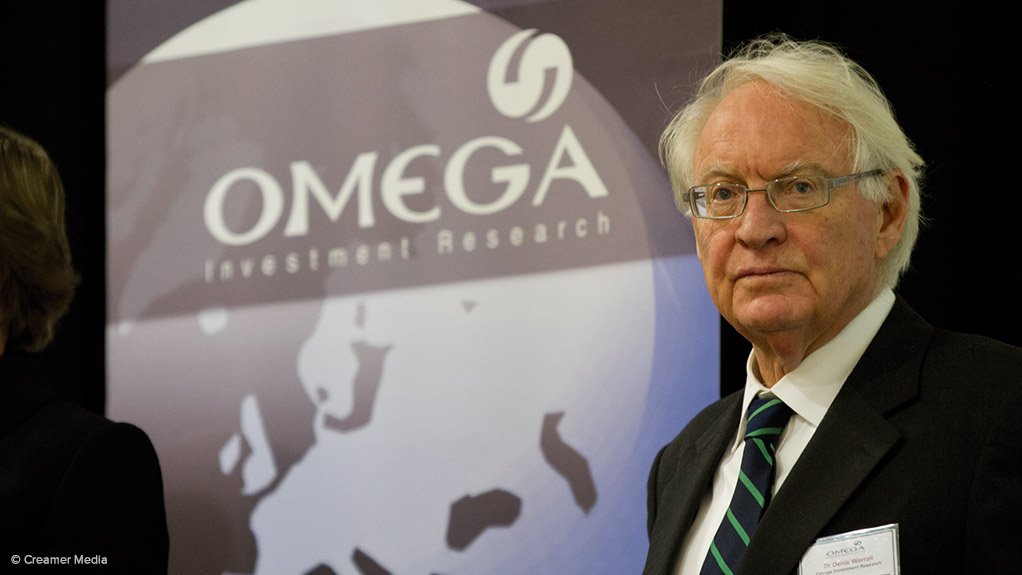Uncertainty on basic issues still surrounds the election in South Africa on 7 May. For example, it is unclear what parties will be contesting, and among those which have declared themselves what election pacts will be entered into. But what is clear is that in important respects this will be a very different election from the previous elections in terms of South Africa's democratic constitution.
Firstly, no party will benefit from the "liberation" or "struggle" legacy. A demonstration of this is the political effect of Nelson Mandela's death. Prior to his death, in the weeks he was hospitalised in a critical condition, there was speculation that his passing would benefit the African National Congress (ANC) in the election; and the ANC, which had total control over his funeral arrangements and commemorative celebrations surrounding it, squeezed the event for every advantage possible in the coming election. But that clearly has not happened. There has not been any spin-off. Part of the reason is that Madiba was out of public life for too long and given his protracted critical illness, his death, when it came, was experienced as more of a relief than a shock.
Another important reason why the ANC's monopoly of the struggle no longer applies is that there are people with similar claims now in opposition to the ANC. Mamphela Ramphele, notwithstanding the embarrassment resulting from the botched link-up with the Democratic Alliance, will be a strong voice in this election, and most people still remember her as the wife of Steve Biko and a leading Pan Africanist.
The ANC won't enjoy the benefits of that legacy because of the image it projects at present and the division within it. Much of this is due to President [Jacob] Zuma, whose unpopularity was evident by the booing at the Mandela funeral and more recently at the South African-Brazil football match. But the reasons for the ANC's unpopularity go deeper. Alex Boraine in his recently published book 'What's Gone Wrong?' writes: "Many South Africans have become disillusioned with the ANC by the insistence on entitlement, the intolerance of opposition, the maladministration at every level of government, and the corruption, which has assumed alarming proportions”.
The coming election will be different from previous elections because there is less certainty as to the result and as to how well the ANC will do. Surveys and polls – even polls conducted by the ANC itself – introduce an element of uncertainty about its performance. In previous elections the big question was whether the ANC would get more than 65% of the vote, enough to enable it on its own to amend the constitution. This time ‘round the question is quite seriously being asked: will the ANC get more than 55% of the vote? And that obviously would be a very healthy development from a democracy point of view.
An important consideration is that in this election unhappy ANC voters, who previously would have still voted ANC, are being offered alternatives with an ANC pedigree. The Economic Freedom Fighters (EFF) is a good example. If Julius Malema and his followers can get their act together and ensure their potential supporters are registered to vote (that is the critical question), we believe they will cause a major upset – in fact we expect them to get between 10% to 15%. And while good old liberals may throw up their hands in concern and disgust, we think this will be a good thing for our democracy.
Firstly, none of the existing political parties speak for the large number of unemployed and generally impoverished people in our society; and the danger in a democracy is when there are large numbers of people with legitimate grievances who are under-represented in the formal political system. This is the reason why we have so many – literally hundreds and hundreds – of demonstrations relating to, for example, service delivery. There is no question that the EFF speaks to these people.
Also important is that this election could signal the end of South Africa's "single-party dominant system". With minority parties together capturing around 40% of the vote, and the EFF doing well enough to encourage trade union NUMSA to persist with its plans to establish a political party, there is every possibility that in the next election, and in the politics leading up to 2019, coalition will become the name of the game.
Written by Dr Denis Worrall
Editorial Note:
In this Insight Dr Worrall refers to Alex Boraine‘s book What’s Gone Wrong? which was launched earlier this week. Given Dr Boraine’s background and his role in South African public life - he was one of the main architects of the Truth and Reconciliation Commission – this is a very important publication which we will be reviewing in a subsequent Insight.
Stacey Farao, Managing Editor
EMAIL THIS ARTICLE SAVE THIS ARTICLE
To subscribe email subscriptions@creamermedia.co.za or click here
To advertise email advertising@creamermedia.co.za or click here











